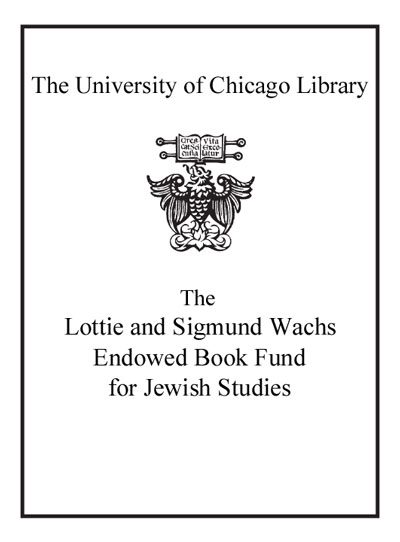Review by Choice Review
During the 1930s, a large number of Jews fleeing Nazi oppression found refuge in France. Resentment of these immigrants, some have argued, made the adoption of anti-Jewish legislation under Vichy more palatable to the French public. Caron tends to support this argument with the first thorough analysis of the place of Jewish refugees in French society during these years. She examines in particular government policy, public opinion, and, most originally, the role of Jewish institutions. Her research is formidable and well assembled, with more than 200 pages of notes, but her conclusions are limited. She shows that native French Jews were more sympathetic to the immigrants than might be assumed, but the government and populace were unhappy with France's role as refuge. However, neither of these observations is original and thus the book is rather unsatisfying. Caron's disagreements with major historians such as Henry Rousso, Zeev Sternhell, and Michel Winock are not given enough space. More problematically, she tends to downplay the place of true Nazi sympathizers in the formation of French policy. Still, the book is quite an achievement in its detail and will be useful as a guide to this complicated period in French and Jewish history. Upper-division undergraduates and above. S. D. Armus; St. Joseph's College (NY)
Copyright American Library Association, used with permission.
Review by Choice Review

